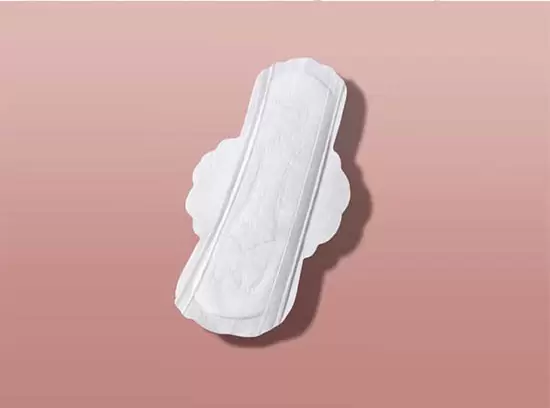In today’s rapidly evolving world, sustainability has become a crucial aspect of every industry. The textile industry is no exception, and it is essential for manufacturers to adopt sustainable practices to minimize their impact on the environment. Spunlace wipes, a popular choice for various applications, are not exempt from this shift towards sustainability. In this blog, as a leading China nonwoven fabric manufacturer, we will explore some sustainable practices in spunlace wipe production and how they contribute to a greener future.
The Importance of Eco-friendly Raw Materials
One of the primary considerations in sustainable spunlace wipe production is the use of eco-friendly raw materials. Wipes made from natural fibers, such as cotton or bamboo, are a great alternative to petroleum-based materials. These natural fibers are biodegradable and do not contribute to solid waste accumulation. Furthermore, opting for sustainably sourced non-woven raw material ensures the preservation of natural resources and reduces the carbon footprint associated with extraction and production.
Efficient Water Usage and Treatment
The production of spunlace wipes involves significant water consumption. However, manufacturers can implement efficient water usage practices and invest in advanced treatment technologies to minimize their environmental impact. By using water recycling systems, it is possible to reduce water consumption and wastewater discharge. These technologies enable the purification and reuse of water in subsequent production cycles, ultimately conserving water resources and reducing pollution.
Energy-saving Techniques
Energy consumption during spunlace wipes production is another critical aspect to address for a sustainable manufacturing process. Manufacturers can adopt energy-saving techniques like installing energy-efficient machinery and optimizing production processes. Utilizing renewable energy sources, such as solar or wind power, can further reduce carbon emissions and dependence on fossil fuels. Implementing these energy-saving measures not only benefits the environment but also contributes to long-term cost savings for the manufacturers.
Adequate Waste Management and Recycling
In a sustainable production process, waste management and recycling play a vital role. Waste generated during the manufacturing process, such as trimmings and scraps, can be efficiently collected, sorted, and recycled. Incorporating waste reduction strategies like lean manufacturing principles can minimize waste production altogether. Additionally, collaborating with recycling facilities or investing in in-house recycling capabilities ensures that the waste generated is repurposed rather than being sent to landfills. By implementing these waste management and recycling practices, spunlace wipe manufacturers can significantly reduce their environmental impact.
The Future of Spunlace Wipes Production
The adoption of sustainable practices in spunlace wipes production not only benefits the environment but also adds value to the brand. Conscious consumers are increasingly aware of the impact their purchasing decisions have on the planet. By choosing eco-friendly products, such as wipes made through sustainable practices, consumers can contribute to a greener future.
Companies that embrace sustainability in spunlace wipe production gain a competitive edge by demonstrating their commitment to environmental preservation. Using eco-friendly raw materials, efficient water usage and treatment, energy-saving techniques, and proper waste management are the pillars of sustainable production. These practices enable manufacturers to align their business strategies with the growing demand for environmentally responsible products.
In conclusion, the textile industry’s shift towards sustainability necessitates incorporating sustainable practices in spunlace wipe production. By prioritizing eco-friendly raw materials, efficient water usage, energy-saving techniques, and adequate waste management, manufacturers like Winner Medical can minimize their environmental impact. Sustainable spunlace wipes production is not only an ethical choice but also a strategic move towards a greener future.













